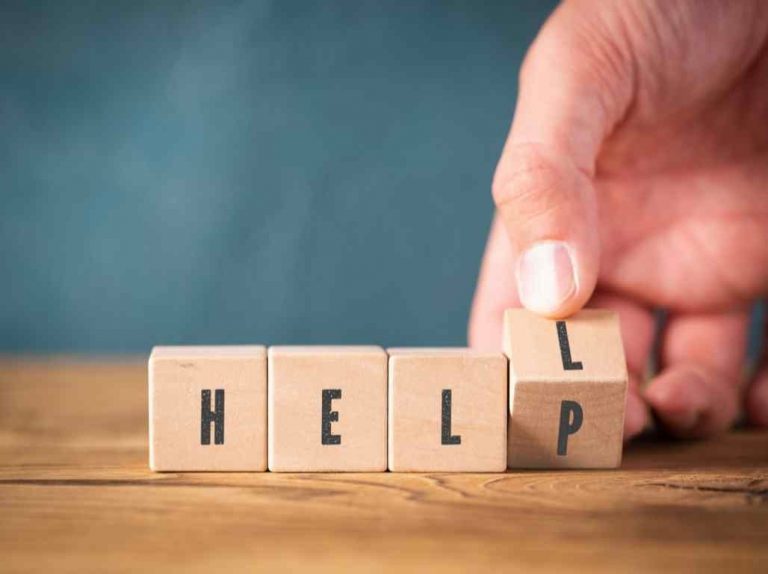Is addiction and recovery messaging totally depressing you and making you crazy? Have you noticed how people’s eyes glaze over when you talk about it? I talk about addiction and recovery every day both for Reach Out Recovery and as part of my work with Rotary International US Task Force on Addiction Prevention. So, I do know how much people avoid this subject.
Can you believe that some people are now blaming Covid for the yearly almost 100,000 deaths from overdoses? Covid isn’t to blame for the opioid epidemic. Addiction been escalating for nearly twenty years, and opioids are not the only ones. Nothing new here. Who’s to blame for the 100,000 preventable deaths. We’ve been counting and tolerating, and we don’t start paying attention until people are in the end stage of their disease, act crazy, commit crimes, and die in the street. It only took a few thousand deaths to mount a public information campaign against Covid. What about polio, breast cancer? Same thing there. Rotary International, in case you didn’t know, stepped in to end polio worldwide. That’s the power of unity of purpose. A worldwide nonprofit took on an illness and conquered it. Same with breast cancer. It was commercialized by business and solutions were found.
Addiction recovery messaging has literally driven us insane
So what happened here. There’s no unity or purpose. Here’s an example of how a mandate to change words and definitions did not have the intended consequences. The word salad in the mental health and addiction recovery fields only overwhelms people with sadness and fear. Literally thousands of websites and we still don’t know what to do. What happened?
About ten years ago a whole movement was put into place to change the words that describe the disease of addiction. Instead of lifting the stigma and providing solutions, however, it had a profoundly negative effect. The language of mental health, mental illness and addiction became overwhelming with explanations and diagnoses. Hundreds of websites explain in medical and psychological terms turn people off. Audiences are not studying these sites and coming away informed. They give up.
To put it bluntly, the new terms and treatment services are getting in the way of people finding the help they need. When are in crisis, they can’t figure it out. I’m a mental health reporter, and I can’t wade through all the nonsense about evidence-based this and that. Addiction recovery is not rocket science. Yet, an $81 Billion industry has been created for addiction professionals to talk about data and evidence and research. This is the only data that matters Only 1 in 10 people who need treatment receive it. And their families get none. What does a big fat zero look like? How can spending $81 billion and failing to help people be accepted. We deserve better.
Addiction recovery messaging needs to change
When my family first went into recovery 20 years ago, I didn’t know that addiction is defined as a chronic, relapsing, progressive disease of brain reward. That’s a mouthful of definition, but accurately describes the illness. Once you know that addiction is chronic, relapsing, and progressive, you can’t unknow it. You can deny it, pretend it isn’t you or your family. But facts are facts. The tragic truth is that most families coping with addiction today still don’t know these very simple facts. They don’t know it takes many years to recover and a lifetime of maintenance. They don’t know how to support loved ones, or how to heal themselves. Why don’t people know? No cohesive campaign to educate the public about recovery has ever been put in place. Guess what? People want solutions, not psycho babble on a thousand websites.
Addiction is a medical illness with physical and psychological and emotional components. If we just understand and use that one sentence, we can conquer the disease.
What is addiction recovery messaging now that’s so confusing
About a decade ago there was extreme pressure to force everyone to use new terms for addiction and get scientific. Diagnose people and put their mental health issues in categories. The idea was to promote addiction a medical illness, a brain disease, which it is. America loves treating medical illnesses, and we’re good at most of them. Instead of creating a massive information campaign to teach the public about addiction and recovery in simple terms everyone can understand, however, the powers that be changed the words and pushed us into an enormous word salad no one wants to digest. We’ve been pushed away instead of engaged.
Do you know what the UDs are
How many of the 120 million Americans directly impacted by addiction know what SUD, OUD, AUD, and BUD are? It’s all the same disease, defined in exactly the same way. Substance Use Disorder, Alcohol Use Disorder, Behavior Use Disorder (this would include food disorders and digital use disorders), and now Opioid Use Disorder. Opioids are a substance, why do they need a separate Use Disorder category? And then there’s another category we don’t talk about at all which is not an addiction but Substance and Alcohol Misuse, which would include binge drinking. How much of this do you really want to know. I could go on. And on. And on.
Here’s something that makes it all much worse
Addiction is not considered a mental illness, but mental illness is a component of addiction. Are you with me here?This is where we get into dual diagnosis. That’s when you have more than one disorder. Like depression and Substance Use Disorder. How about the fact that Bi-Polar Disorder has four different subtypes? I’m not saying these definitions aren’t important. It’s just that we’re not focusing enough about mental health and how to be mentally healthy. The definition make us all sound crazy. How does that help us be healthy and confident?
What are some solutions everyone can understand
Mental health is physical health and emotional health and social health. Let’s spend more money on that message. Empowerment for children and teens is possible and essential. We can prevent mental illness and addiction by teaching our children how to be healthy. Not what they shouldn’t do, but what they should and can do. It’s possible to empower our children to make healthy choices. We can engage them with critical thinking and life skills. We can bring tweens and teens the joy of life they had in elementary schools.
Mental illness and addiction diseases can be arrested in the early stages when they are assessed quickly and recovery tools and a road map for what to do are available to them. That’s a start.





















